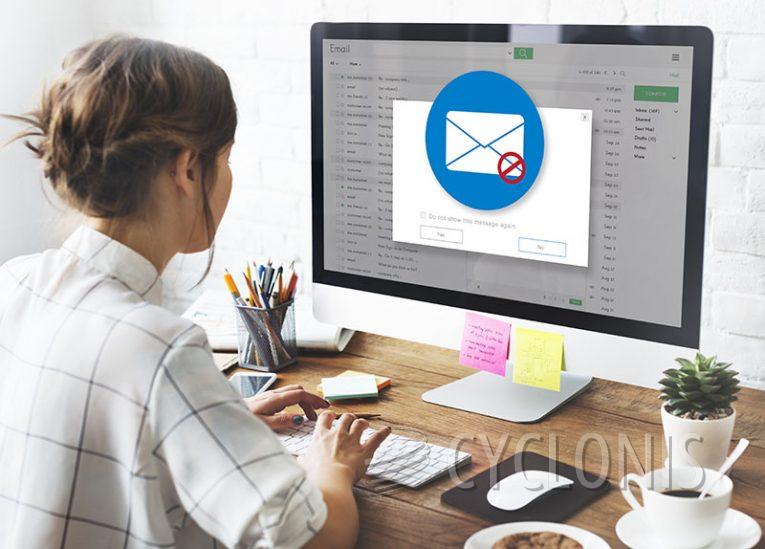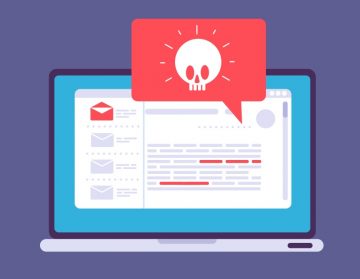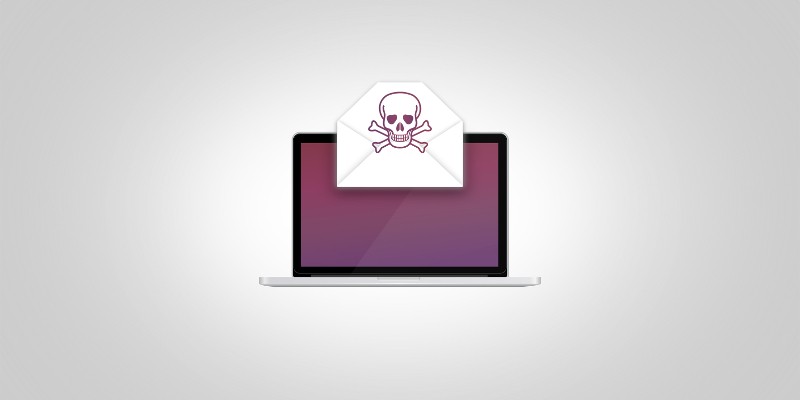'Mail Account Deactivation Notice' Email Scam

Upon careful examination of the "Mail Account Deactivation Notice" email, our analysis revealed that it is indeed a phishing attempt. The fraudulent email claims that the recipient's account is at risk of deactivation and prompts them to undergo an authentication process by using their email password to prevent this action. However, it is crucial to recognize that all the claims made in this email are entirely false and serve as a ploy to deceive users into divulging their email account credentials.
The deceptive email further warns the recipient that their account will be deactivated within 24 hours if they fail to comply with the purported authentication process. Nevertheless, it is essential to emphasize that this email has no association with any legitimate service providers, and its intentions are entirely malicious.
Upon clicking the "CANCEL DEACTIVATION" button present in the email, it leads to a redirect to a phishing website that closely imitates the sign-in page of the recipient's email account. Such phishing websites are designed to capture and record the information entered by unsuspecting users.
The implications of falling victim to this phishing attack are severe. Cybercriminals not only gain access to the exposed email accounts but may also compromise the sensitive content linked to those accounts. This includes financial-related information such as online banking credentials, money transfer details, e-commerce accounts, and even cryptowallets. Armed with this data, the perpetrators can carry out fraudulent transactions and unauthorized online purchases.
Moreover, scammers can exploit stolen identities from social media and other accounts (e.g., emails, social networking, messengers) to manipulate contacts and friends for financial loans or donations, promote fraudulent schemes, and distribute malware by sharing malicious files or links.
The repercussions of such a breach extend beyond financial losses. Cybercriminals can exploit any sensitive or compromising content found within the compromised storage platforms for blackmail or other malicious purposes.
What Are the Top Three Signs That an Unsolicited Email is a Scam?
Recognizing the signs of a scam in unsolicited emails is essential to protect yourself from phishing attempts and potential fraud. Here are the top three signs that can indicate an unsolicited email is a scam:
- Unusual Sender or Email Address: Scammers often use email addresses that look suspicious or imitate legitimate organizations but contain slight variations or misspellings. Check the sender's email address carefully, especially if it claims to be from a well-known company or institution. Legitimate organizations typically use official domain names in their email addresses, while scammers may use free email services or domains that resemble the real ones.
- Urgent or Threatening Language: Scam emails often employ urgent or threatening language to create a sense of panic or pressure on the recipient. They may claim that your account is in jeopardy, your account will be suspended, or that you'll face legal consequences if you don't take immediate action. Phishing emails often try to manipulate your emotions and urge you to click on links or provide personal information hastily. Legitimate companies typically use a more professional and respectful tone in their communications.
- Requests for Personal or Financial Information: Be cautious of emails that request sensitive information like passwords, credit card details, Social Security numbers, or any other personal data. Legitimate companies will rarely ask for such information via email, and if they do, it will typically be within a secure and authenticated environment. Scammers may try to trick you into providing your information under the guise of verifying your account or claiming a prize, only to use it for fraudulent activities.







